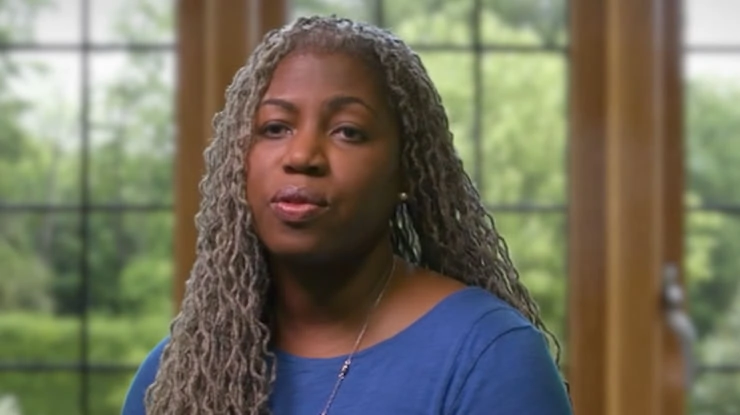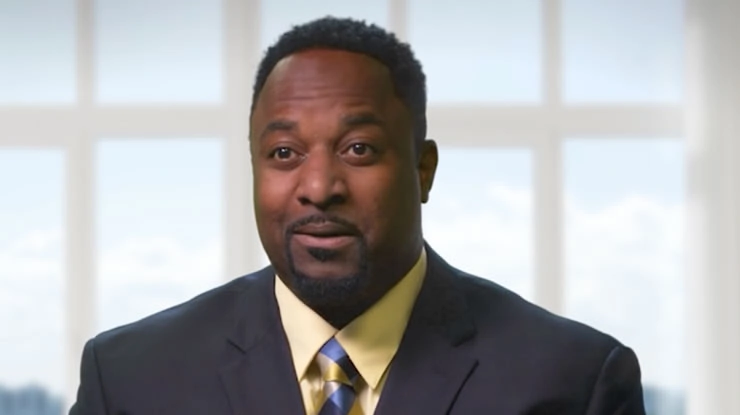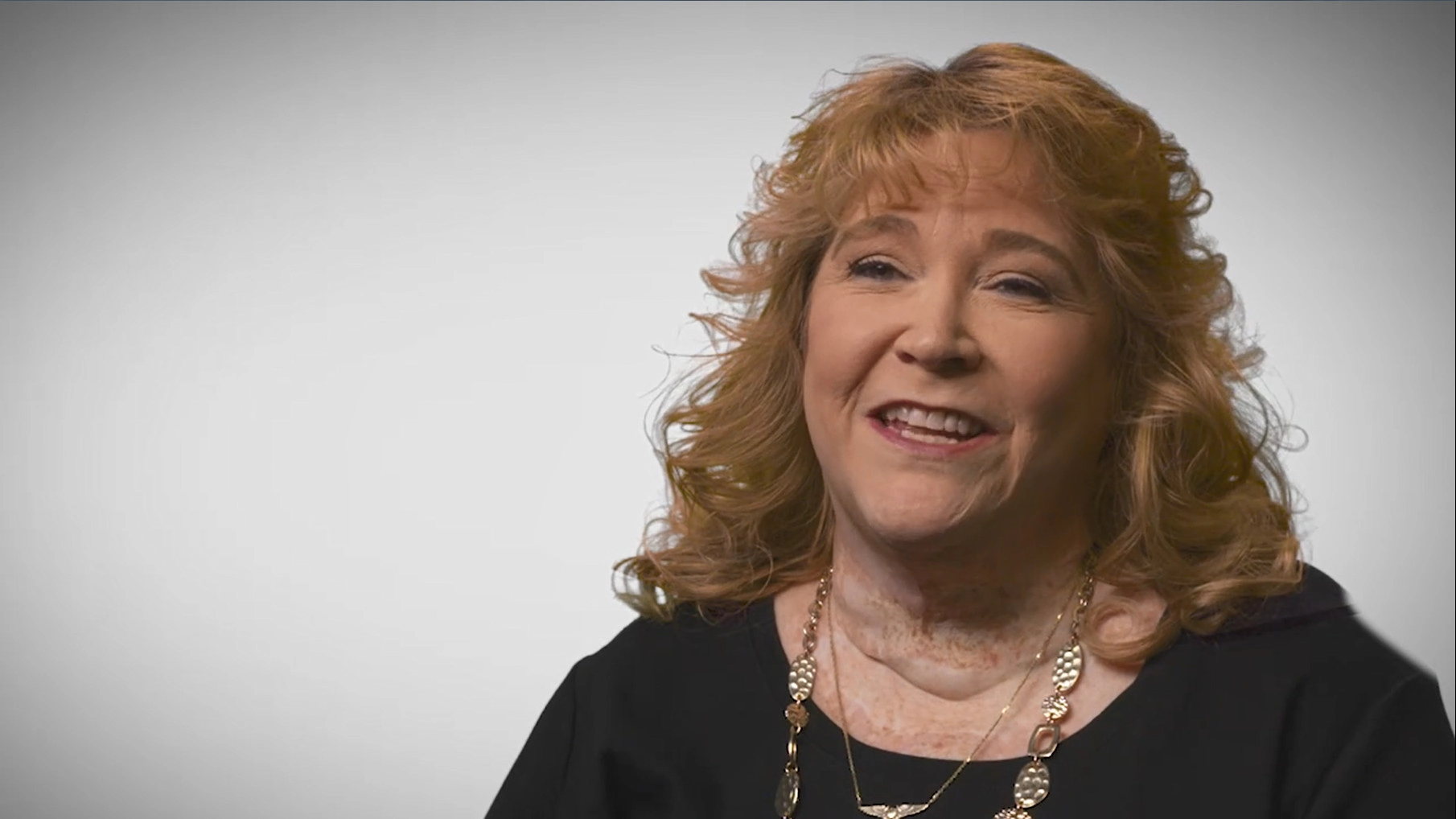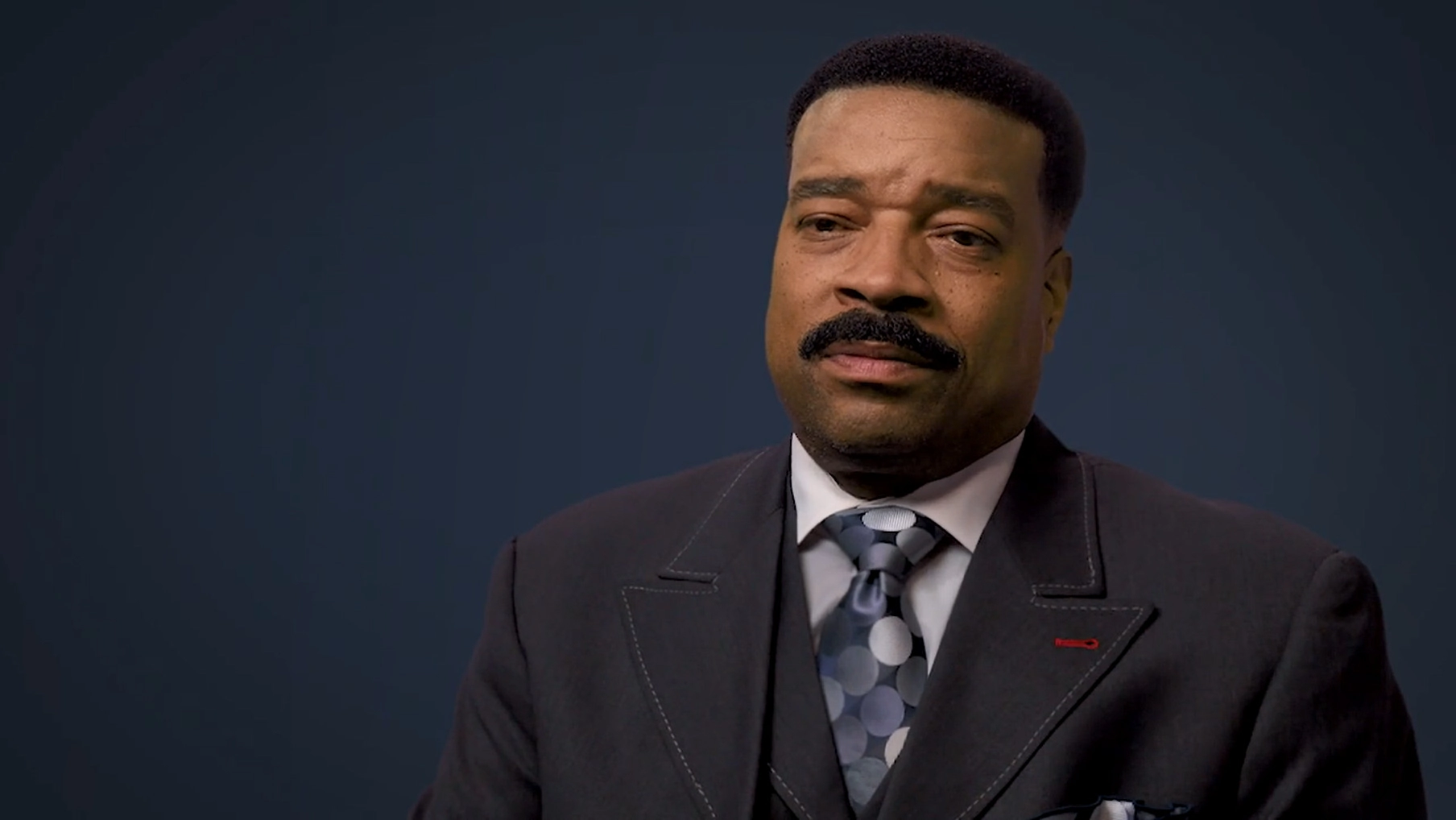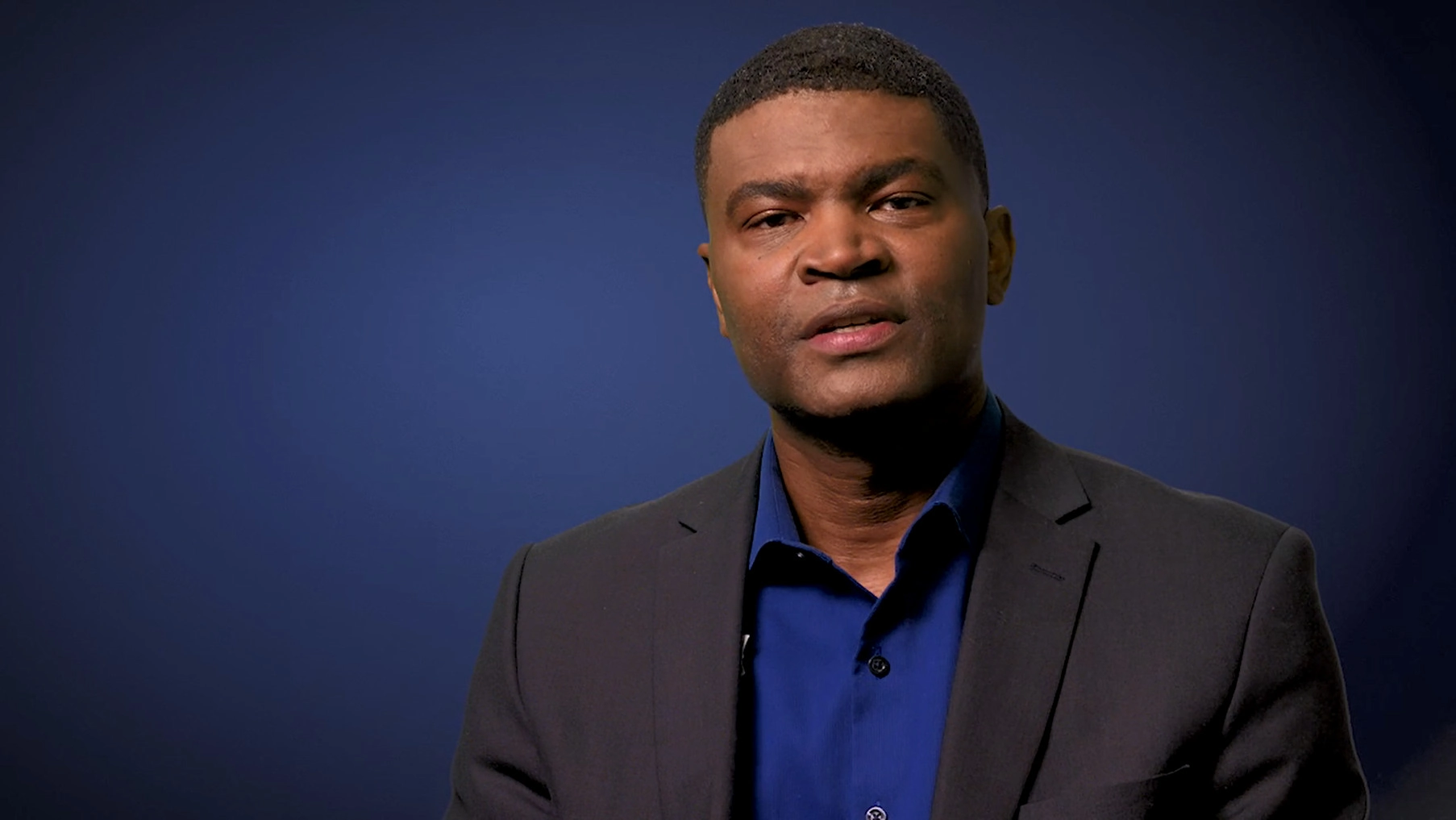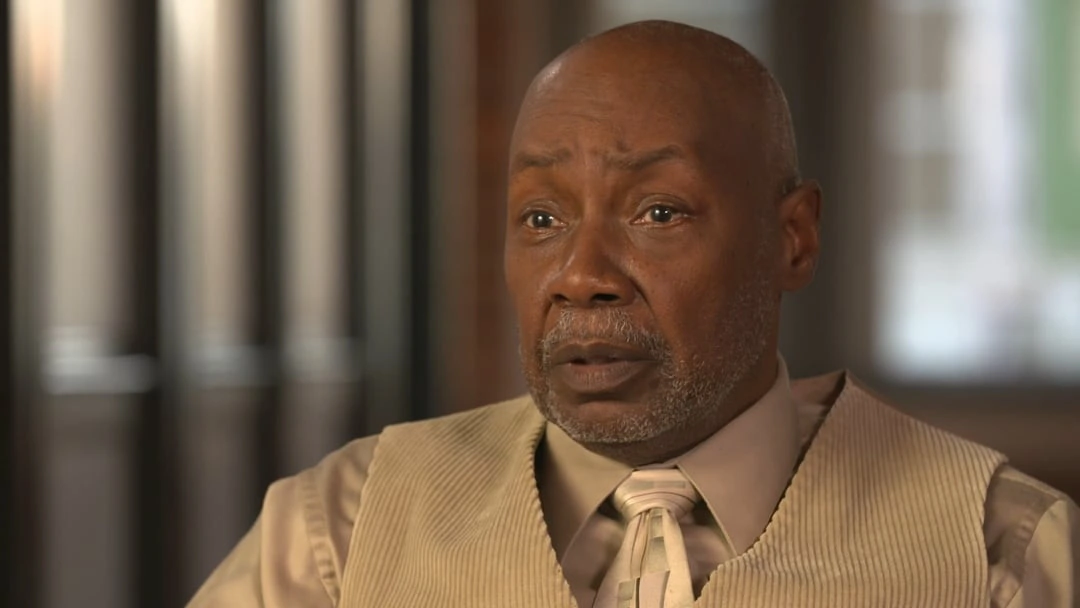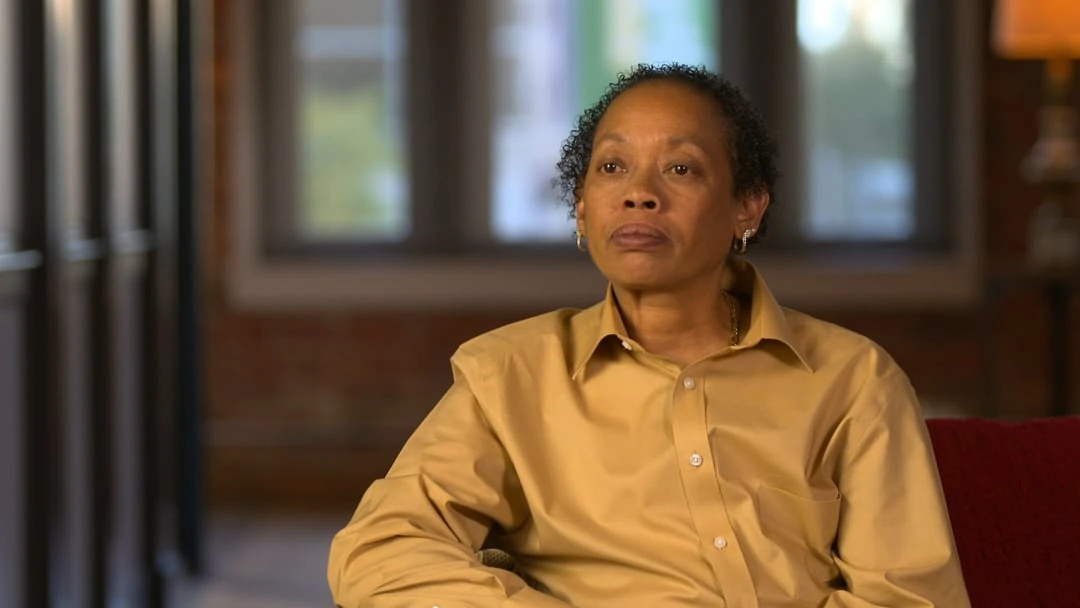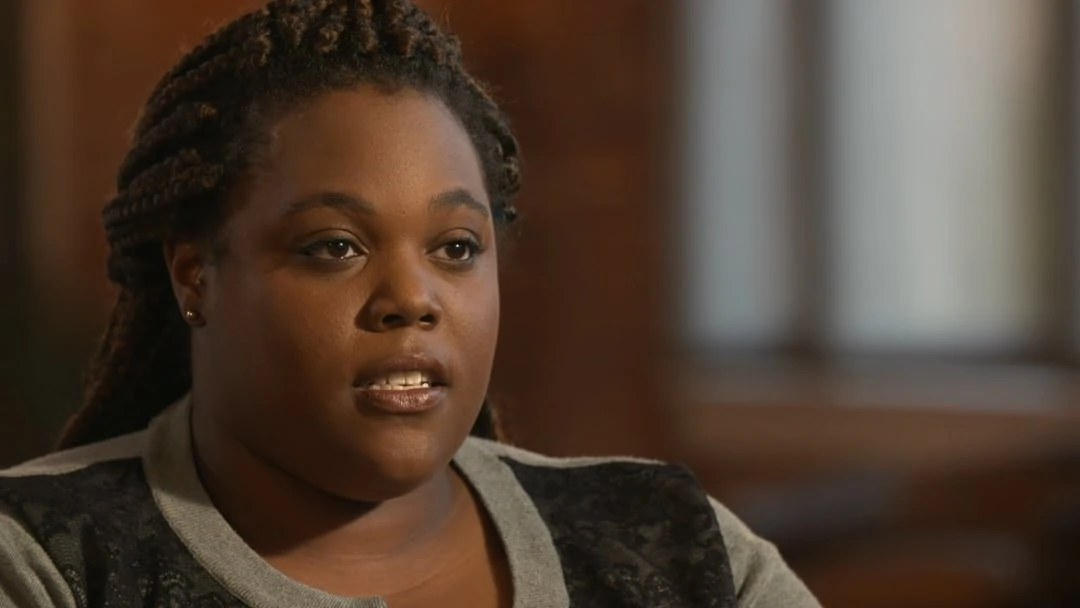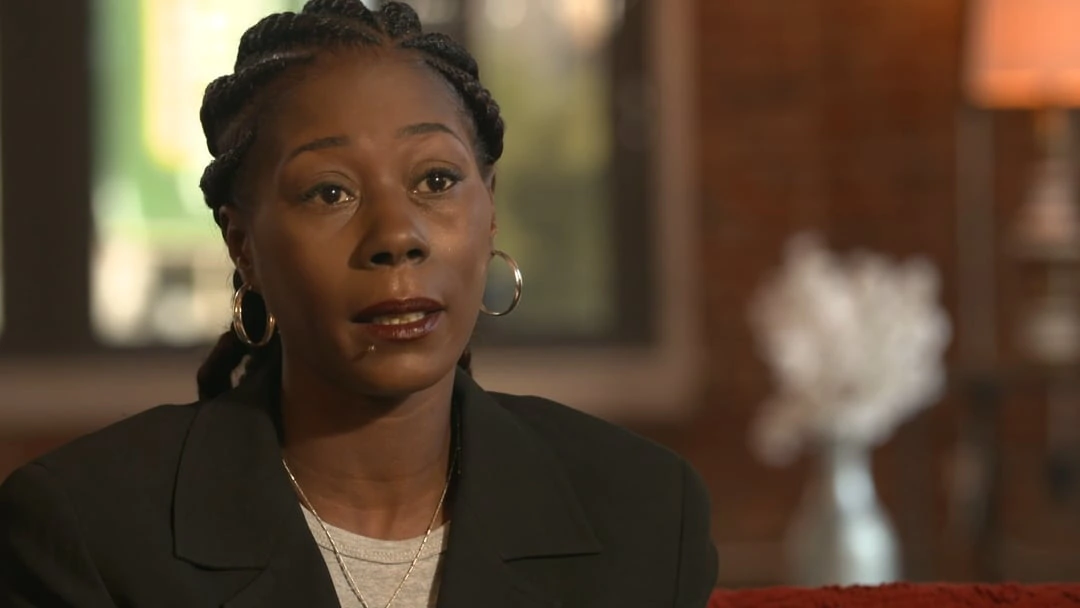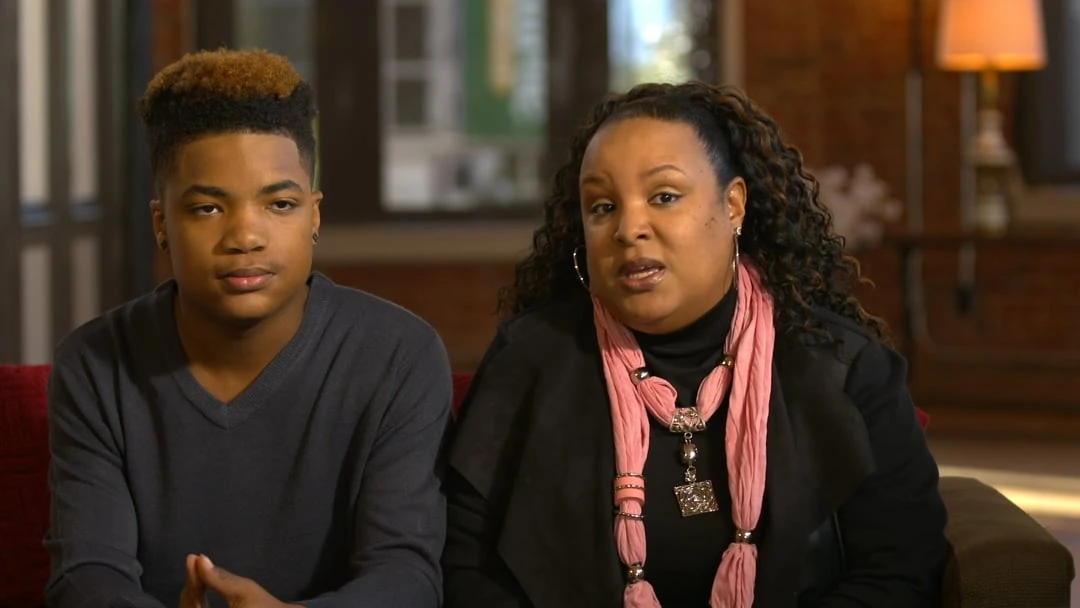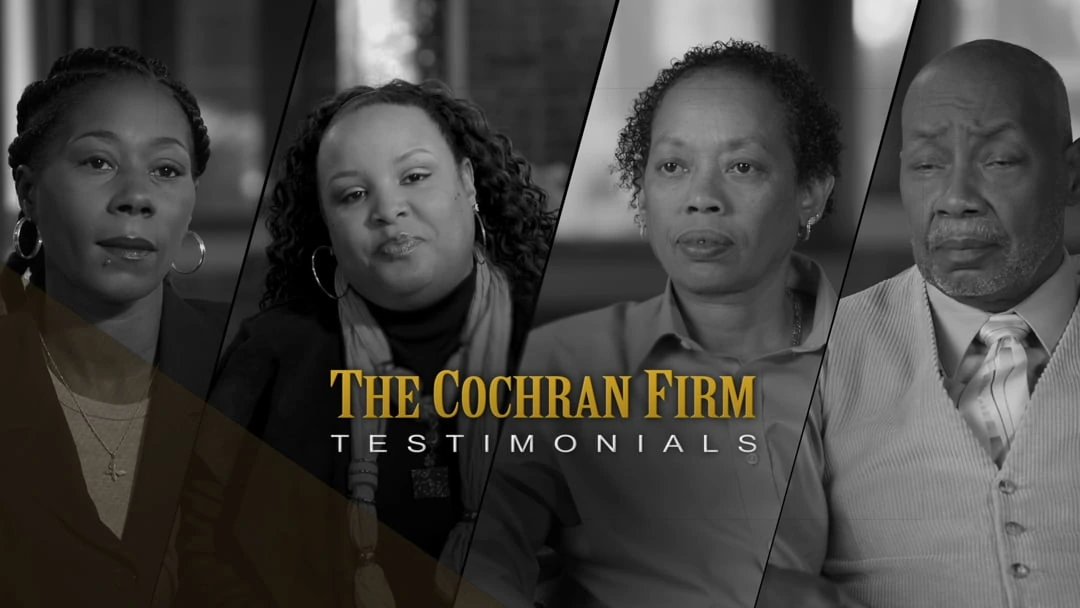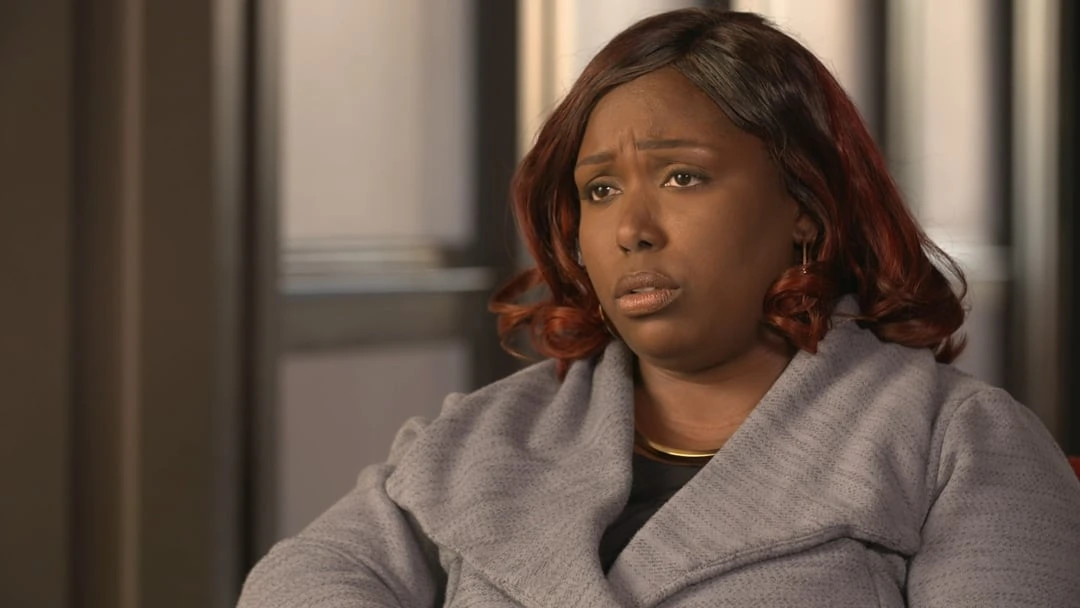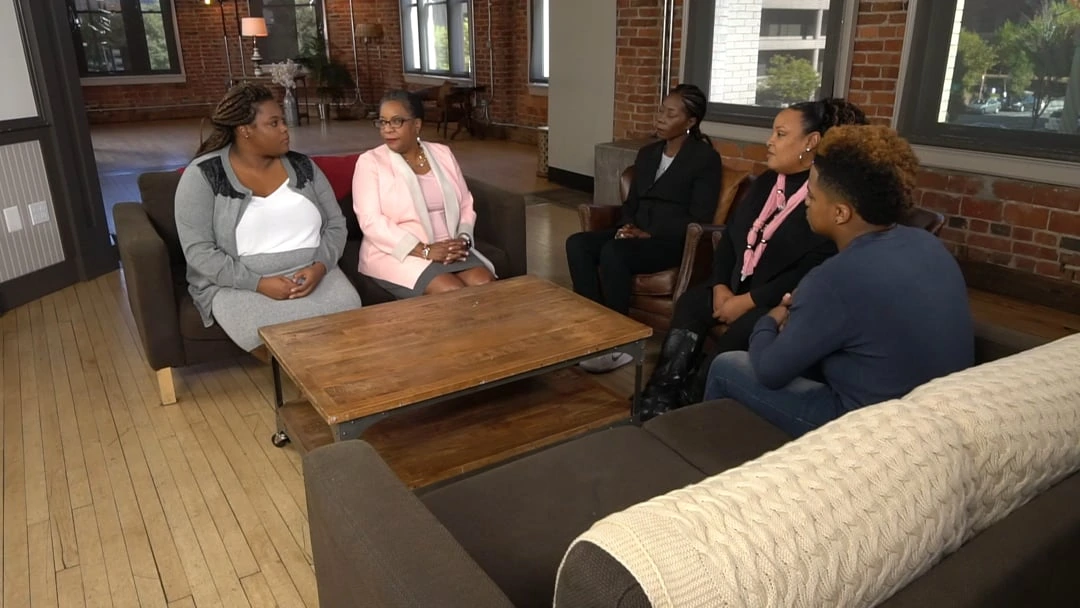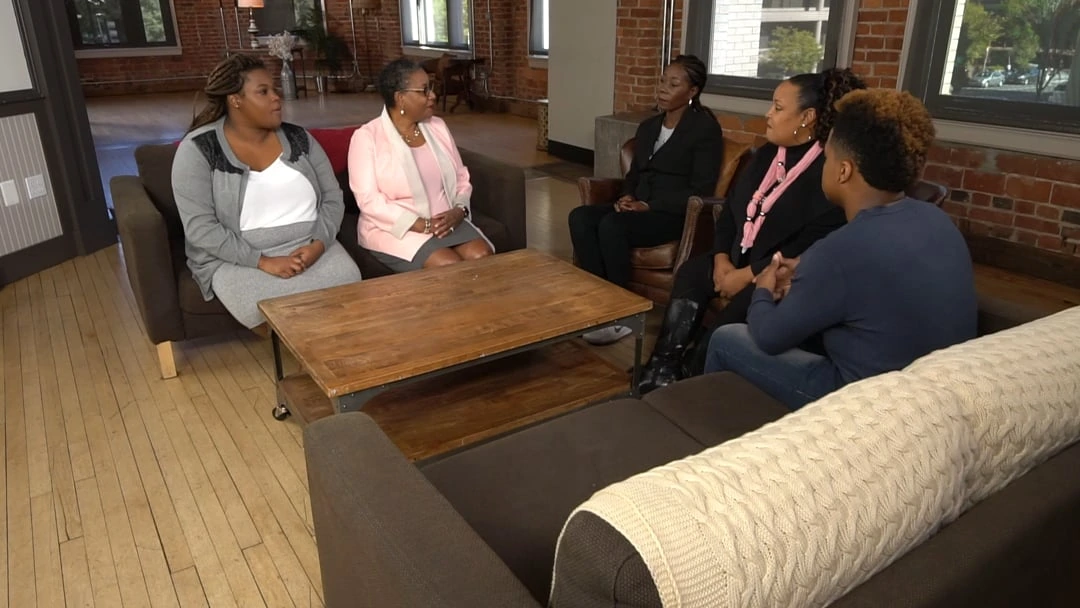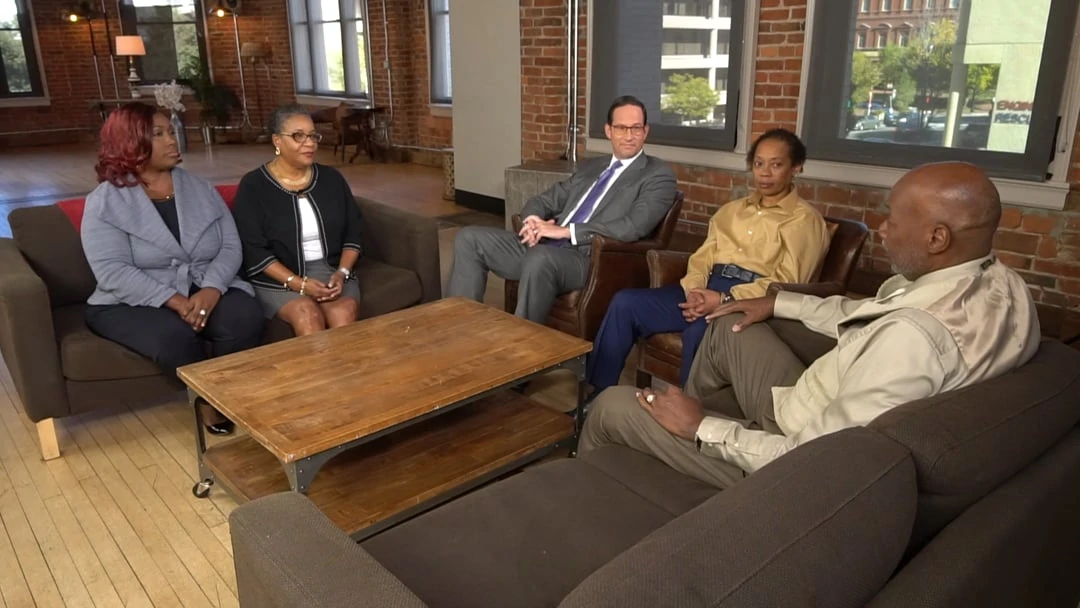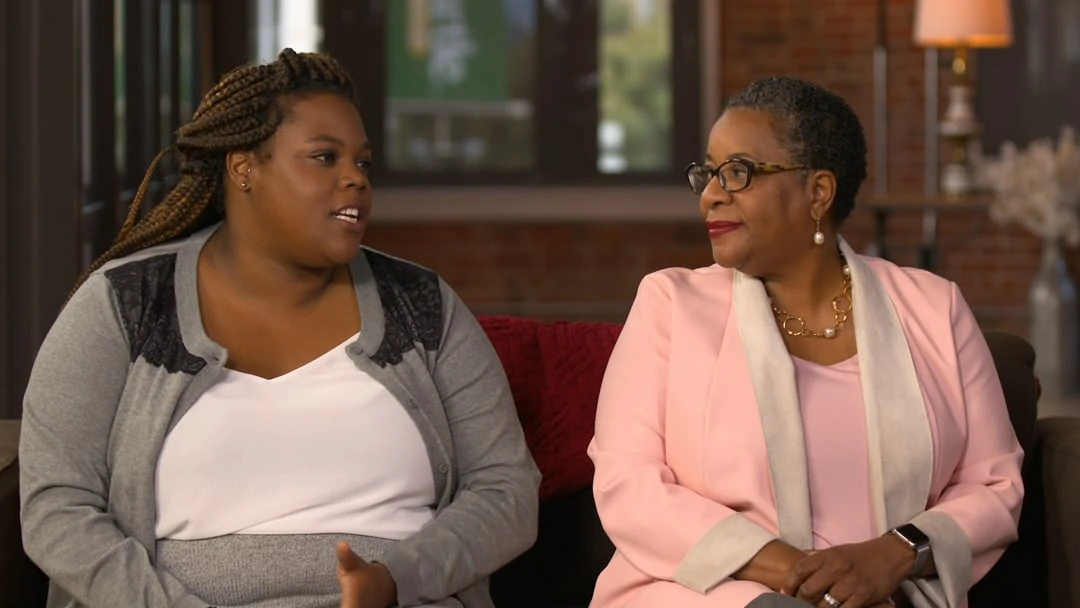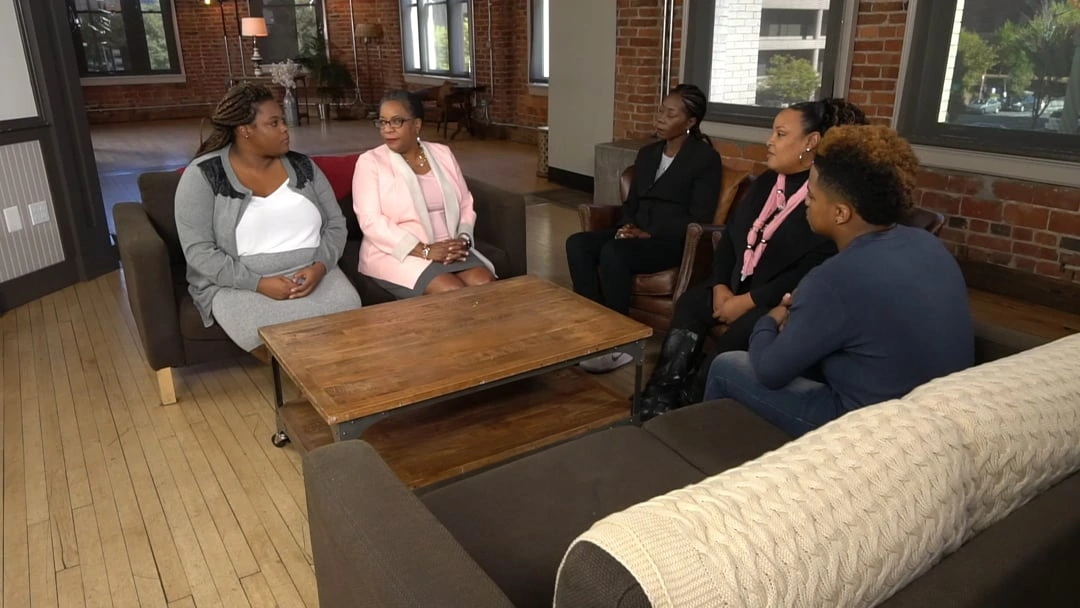There are thousands of traffic accidents in Washington, DC every year. Many of these accidents result in property damage and catastrophic personal injury. Others result in death. As one of the most populous US regions, the D.C. area has one of the highest traffic accident rates in the country.
The personal injury attorneys at The Cochran Firm DC have been representing victims of car collisions in Washington, D.C., Maryland, and Northern Virginia for a number of years. We are familiar with common causes and locations of traffic accidents in the region, and we have the experience necessary to handle your serious injury claim.
Please contact the experienced attorneys at The Cochran Firm DC to schedule a free initial consultation today.
Most people who work in Washington, DC live in surrounding suburbs such as Arlington and Baltimore, traveling along DC’s busy roadways including the Beltway: 95, 495, 395 and 295. These roads are packed with both passenger and commercial vehicles, each driver posing different risks. Distracted driving, driving while texting, and speeding are all factors in some of the most devastating motor vehicle accident injuries.
We will investigate any type of accident including those such as intersection accidents that may be the most difficult to prove. We also represent people injured in motor vehicle accidents caused by defective vehicles, holding auto manufacturers and large corporations liable for all of the damages they cause.
Many types of car accidents exist. Whether it's a rear-end collision, a T-bone accident, or a multi-vehicle pileup, understanding the type of accident is crucial in determining liability and pursuing the right course of legal action.
In addition to determining the type of accident, it is imperative to determine the cause and negligent party to build a strong case. From distracted driving and speeding to impaired driving and faulty road conditions, car accidents can occur due to various factors, often involving a combination of elements. Here are some common causes of car accidents:
In the chaotic aftermath of an accident, it's vital to stay calm and follow a systematic approach. It’s important to ensure everyone's safety promptly, exchange information with other parties, document the scene, and seek medical attention for injuries.
Even though experiencing a car accident can be disorienting and stressful, you need to act quickly and ensure the safety of all involved parties. If possible, move to a safe location, turn on hazard lights, and use warning triangles or flares to alert other drivers. Assess yourself and others for injuries, and call for emergency medical assistance if needed.
Regardless of the accident's severity, call the police. They can document the incident, gather information, and create an official report. Exchange contact and insurance information with the other parties involved and obtain details from witnesses. Take pictures of the accident scene, capturing vehicle damage, license plates, road conditions, and relevant signage.
Avoid admitting fault at the scene and stick to factual information when communicating with others involved or with the police. Cooperate with law enforcement, providing accurate details and obtaining responding officers' names and badge numbers. Seeking medical attention is crucial, even for seemingly minor injuries, as some conditions may not be immediately apparent.
Promptly report the accident to your insurance company, providing comprehensive information about the incident. Preserve all documentation related to the accident, including police reports, medical records, and communication with insurance companies. Attend all medical appointments, follow prescribed treatments, and keep records of medical expenses.
Understand your insurance coverage, including liability limits, personal injury protection (PIP), and uninsured/underinsured motorist coverage. If you face challenges dealing with insurance companies, determining liability, or if you suffer significant injuries, consult an auto accident attorney. They can provide guidance, represent your interests, and help you navigate the legal process.
Lastly, be mindful of the statute of limitations for filing a personal injury claim in your jurisdiction and take legal action within the specified time frame. Following these steps can help protect your interests and facilitate the process of seeking compensation and resolving any legal issues that may arise from the accident.
Time is of the essence when it comes to filing a car accident claim. In Washington, D.C., there's a limited window of time, known as the statute of limitations, within which you must initiate legal proceedings. You must meet this deadline to ensure your ability to seek compensation.
The statute of limitations for personal injury claims, including those related to auto accidents, in Washington, D.C., is generally three years. So, individuals typically have three years from the accident date to file a lawsuit seeking compensation for injuries or property damage.
However, statutes of limitations can be subject to change, and it's crucial to verify the current laws and any recent updates or amendments. Additionally, there may be variations in specific circumstances, such as cases involving government entities, minors, or other unique situations.
To ensure you have the most accurate and up-to-date information regarding the statute of limitations for auto accidents in Washington, D.C., consult a legal professional.
Establishing fault is a necessary but complex process that involves examining evidence, witness statements, and police reports. An experienced attorney can guide you through this process, ensuring a thorough investigation to determine liability accurately.
First, it's essential to review the relevant traffic laws applicable to the circumstances surrounding the collision. Understanding the rules of the road provides a foundation for assessing whether any party involved violated traffic regulations.
Collecting evidence from the accident scene is a critical next step. Take photographs, gather witness statements, and obtain the names and contact information of those involved.
If law enforcement responds to the accident, they will generate a police report. This report typically includes the officer's assessment of the accident and may explicitly state who they believe is at fault. Securing a copy of this report is important for your records and can be used as evidence during the claims process.
In cases where the fault is disputed or unclear, consulting with legal professionals, such as personal injury attorneys, is beneficial. Attorneys can assess the evidence, navigate the complexities of insurance claims, and provide guidance on pursuing legal action if necessary.
Dealing with insurance companies can be daunting. Your attorney will help you communicate effectively with insurers, negotiate a fair settlement, and handle any disputes that may arise during the claims process.
Think carefully before accepting the insurance company's first offer after an auto accident. Insurance companies often aim to settle claims quickly, and their initial offer may not reflect the full extent of your damages. Before accepting any settlement offer, fully understand all your damages, including medical expenses, property damage, lost wages, pain and suffering, and any future expenses related to the accident. If your injuries require ongoing medical treatment, consider potential future costs.
Seeking advice from a personal injury attorney can be beneficial. They can evaluate your case, help determine the fair value of your claim, and negotiate with the insurance company on your behalf. Even though insurance companies often make initial offers that are lower than they are willing to pay, an experienced attorney can negotiate with the insurance adjuster and secure a more reasonable settlement.
Once you receive the offer, carefully review the terms and conditions. Take the time to evaluate the offer and its fairness. Ensure it covers all your damages, accounts for potential future expenses, and releases the insurer from further liability. Consult an attorney for guidance if you need clarification on the offer or the legal implications. Once you accept, you cannot pursue additional compensation for the same incident.
Seeking immediate medical attention for injuries is crucial, not only for your health but also for building a strong case. Your attorney can work with medical professionals to document your injuries and establish a clear link between the accident and your medical condition.
Yes, seeking medical attention after a car accident is highly advisable, even if you believe your injuries are minor. There are several reasons for promptly seeing a doctor after a car accident:
Remember that not all injuries are immediately apparent, and symptoms may develop in the hours or days following an accident. It's crucial to undergo a comprehensive medical examination to identify any injuries, regardless of their initial severity. If you experience pain, discomfort, or any unusual symptoms after an accident, promptly seeking medical attention is in your best interest.
Compensation for a car accident can vary based on the specific circumstances of the incident, the injuries sustained, and the financial losses experienced by the victims. Here are common types of compensation that individuals may be eligible to receive after a car accident:
It's important to note that the specific compensation available can vary based on the jurisdiction's laws, the insurance policies involved, and the details of the individual case. Consulting with a qualified personal injury attorney is essential to understanding the potential avenues for compensation and navigating the legal process to pursue a fair and just settlement.
Numerous factors influence the value of a settlement, including the severity of injuries, long-term impact, property damage, and the degree of negligence involved. Your attorney will meticulously evaluate these factors to determine a fair and just settlement amount.
The following are key variables that can impact the settlement amount:
It's important to note that every case is unique, and these variables can result in a wide range of settlement amounts. Seeking the advice of a skilled auto accident attorney is essential to navigate the complexities of the legal process and pursue a fair and equitable settlement.
While many settle cases out of court, your attorney should prepare to take your case to trial if necessary.
A car accident case may proceed to trial when attempts to negotiate a settlement prove unsuccessful. If the parties involved, including the insurance companies, cannot reach a mutually agreeable resolution through negotiations, the parties may bring the case before a court for resolution.
One common scenario that may lead to a trial is a dispute over liability for the accident. If there is disagreement regarding who is at fault, negotiations may stall, and a trial becomes necessary for a court to determine and assign liability.
In cases where the injured party deems the settlement offers inadequate, particularly if they do not fully cover the damages incurred, they may opt to pursue a trial. Going to trial allows the injured party to present their case and seek fair compensation for the losses sustained.
Another circumstance that may lead to a trial is when the at-fault party's insurance policy limits are insufficient to cover the full extent of the damages. In such cases, the injured party may decide to pursue legal action to seek compensation beyond the policy limits.
When the at-fault party is uninsured or underinsured, and the injured party's insurance coverage does not fully address the damages, going to trial might be necessary to secure additional compensation.
Ultimately, various factors influence the decision to go to trial in a car accident case, including the nature of the dispute, the adequacy of settlement offers, and the complexity of the case. Legal professionals, including personal injury attorneys, play a crucial role in advising and representing parties throughout this process, helping them navigate the complexities of the legal system and pursue a just resolution.
In cases where the injuries are minor, liability is clear, and the insurance claim process seems straightforward, you may choose to handle the matter without legal representation. These straightforward situations typically involve directly negotiating a settlement with the insurance company.
However, if the car accident resulted in severe injuries or has a long-term impact on your health, consulting with an attorney is advisable. A lawyer can help you receive fair compensation for medical expenses, lost wages, and other damages, considering the more complex nature of your case.
Dealing with challenges from the insurance company, such as low settlement offers, delays, or coverage disputes, may also prompt the need for legal representation. An attorney can act as your advocate, negotiating on your behalf and working to secure a fair and just settlement.
In situations where liability is disputed or unclear, and it is challenging to determine who is at fault, seeking the assistance of an attorney becomes crucial. They can conduct investigations, gather evidence, and build a strong case to establish liability, particularly when dealing with contested fault scenarios.
Furthermore, accidents involving multiple parties or complex scenarios can introduce added intricacies to the legal and insurance processes. In such cases, having an attorney who can navigate the complexities and protect your rights becomes particularly valuable.
Most of all, it's essential to be mindful of legal deadlines and the statute of limitations, as failing to adhere to these timelines may jeopardize your ability to pursue a claim. Consulting with an attorney can help you meet these deadlines and take appropriate legal action within the required timeframe.
While you may choose to navigate the aftermath of a car accident on your own, having a knowledgeable attorney by your side significantly increases your chances of a successful outcome. Legal professionals can handle the complexities of the legal process, allowing you to focus on your recovery.
From gathering evidence and negotiating with insurance companies to representing you in court, an experienced car accident attorney is your dedicated advocate. They will fight tirelessly to protect your rights and ensure you receive the compensation you rightfully deserve.
In the challenging aftermath of a car accident, seeking legal representation is a proactive step towards rebuilding your life. Our team of seasoned auto accident attorneys in Washington, D.C., is here to guide you through the legal process, offering support, expertise, and unwavering advocacy. Contact The Cochran Firm in Washington, D.C., today for a consultation and take the first step toward justice and recovery.
If you or a loved one has been injured in a motor vehicle accident in or around Washington, DC, Maryland, or Northern Virginia, please contact the experienced attorneys at The Cochran Firm DC to schedule a free initial consultation today.
